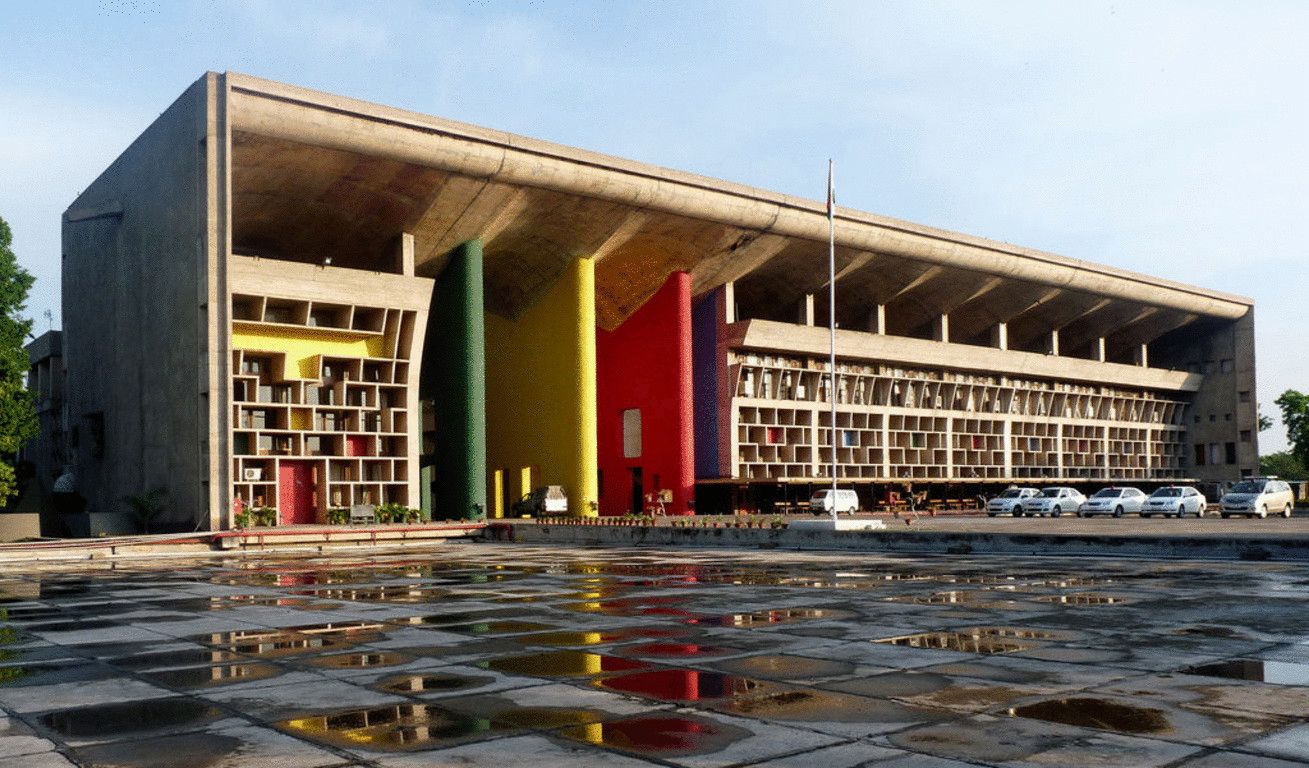Punjab & Haryana High Court Clarifies Interest Liability Under Section 220(2) of Income Tax Act: Fresh Demand Notice Triggers New Interest Period

Case Name: The Karnal Cooperative Sugar Mills Ltd. v. Commissioner of Income Tax and Another
Date of Judgment: October 27, 2025
Citation: CWP-4789-2001
Bench: Hon’ble Mr. Justice Jagmohan Bansal & Hon’ble Ms. Justice Harpreet Kaur Jeewan
Held: The Punjab & Haryana High Court has held that the liability to pay interest under Section 220(2) of the Income Tax Act, 1961, commences only after the expiry of thirty days from the service of a valid notice of demand under Section 156. Once an assessment order is set aside by the appellate authority, the corresponding notice of demand automatically ceases to exist, and interest cannot be computed from that earlier notice. A fresh notice issued following a restored or revised assessment alone triggers a new period for interest computation. The Court further clarified that CBDT circulars inconsistent with statutory provisions are not binding on courts, reaffirming the principle laid down by the Supreme Court in CCE v. Ratan Melting & Wire Industries (2008) 13 SCC 1.
Summary: The petitioner, The Karnal Cooperative Sugar Mills Ltd., a cooperative society registered under the Haryana Co-operative Societies Act, 1984, challenged an order of the Joint Commissioner of Income Tax, Karnal, demanding ₹74.68 lakh as interest under Section 220(2) of the Act. The dispute arose after the petitioner initially deposited tax pursuant to a demand notice issued in December 1994, which was later set aside when the Commissioner of Income Tax (Appeals) allowed its appeal in July 1995 and ordered a refund with interest. The Revenue subsequently appealed, and the Income Tax Appellate Tribunal in February 1998 restored the assessment and directed recovery. A fresh demand notice dated September 7, 1998, was thereafter issued. The Revenue, however, sought to calculate interest from the first 1994 notice, relying on a CBDT Circular dated April 3, 1982, which stated that the second notice “relates back” to the first.
Rejecting this contention, the Bench held that the 1982 circular could not override the plain language of Sections 156 and 220. The Court emphasized that interest liability under Section 220(2) is contingent upon non-payment within the time allowed under a subsisting notice of demand. Once the earlier assessment and demand are nullified by an appellate order, they lose legal existence. The Court therefore ruled that the liability to pay interest arose only from October 7, 1998 i.e., thirty days after the second notice dated September 7, 1998 and not from the first notice of December 14, 1994.
Decision: Allowing the writ petition, the High Court directed the Income Tax Department to re-compute interest from October 7, 1998, until the date of payment. The Bench also observed that, unlike the Central Excise Act, Customs Act, or GST regime where interest accrues automatically from the due date of duty or tax, the Income Tax Act mandates a formal notice of demand before interest liability arises under Section 220(2). The judgment reinforces that statutory interpretation must prevail over administrative circulars and that interest can be levied only in accordance with the charging provision of the statute.